NIGER | Niger’s Pustchists form new gov’t as ECOWAS leaders meets in Abuja
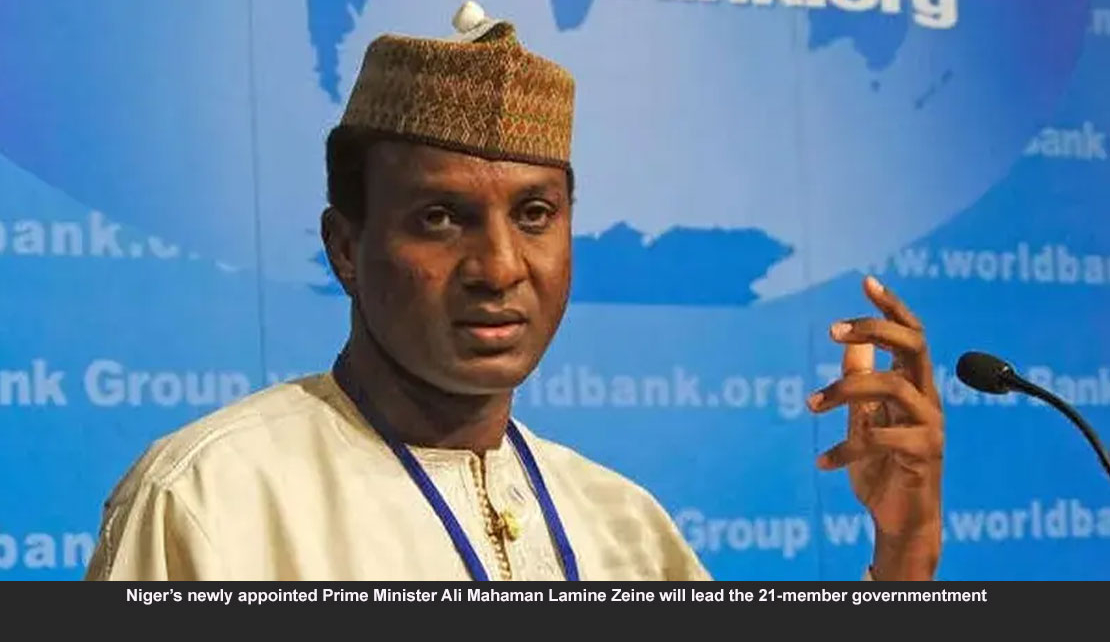
Leaders from West African Economic bloc ECOWAS are meeting in Abuja, Nigeria on Thursday in an emergency summit on the coup in Niger, after the country’s military chiefs defied an ultimatum to restore the elected president, and have named a new prime minister.
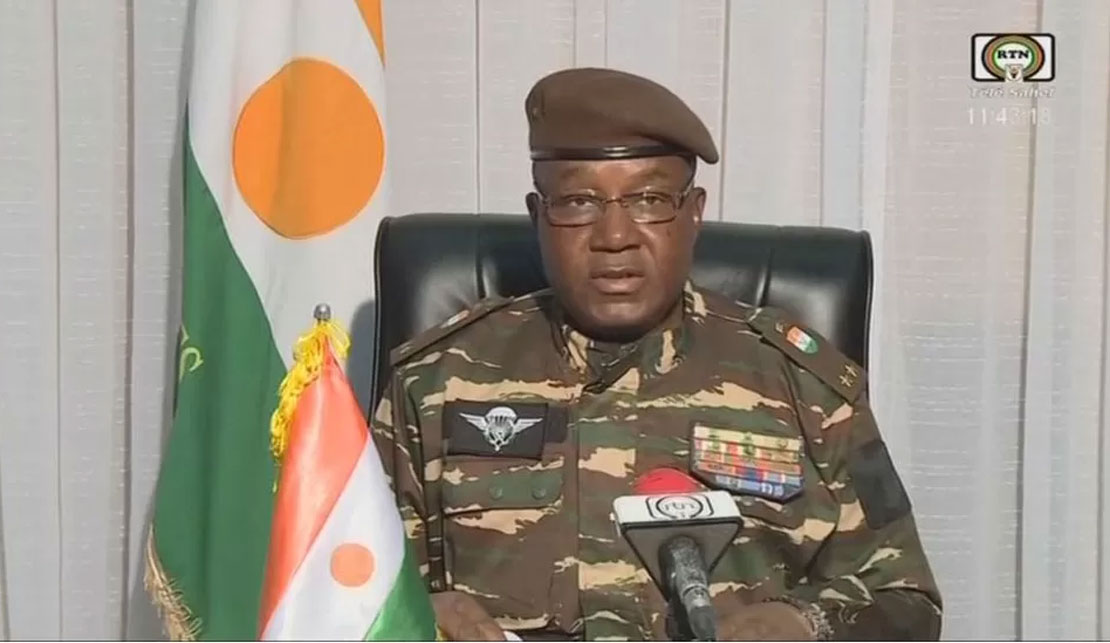
Important decisions are expected from the gathering in Nigeria’s capital Abuja, according to a statement from the 15-nation organisation on Tuesday.
Struggling to stem a cascade of coups among its members since 2020, the bloc gave the troops who seized power on July 26 until last Sunday to reinstate Bazoum or face the potential use of force.
But the putschists have remained defiant in the face of the past deadline and have named a new government, according to a decree read out on national television on Thursday.
Prime Minister Ali Mahaman Lamine Zeine will lead the 21-member administration, with generals from the new military governing council heading the defence and interior ministries.
The nomination of the new prime minister by the coup leaders appears to signal the start of a transition to a new government.
On Wednesday, a former emir of the Nigerian city of Kano revealed that he had met with the coup leaders to help mediate the crisis.
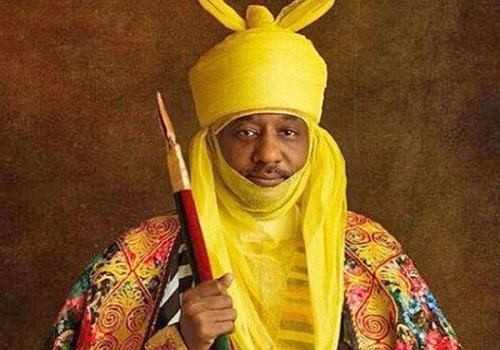
“We came hoping that our arrival will pave the way for real discussions between the leaders of Niger and those of Nigeria,” said Sanusi, who is known to be a close friend of Tinubu who is taking a hard line against last month’s coup, the fifth in Niger since independence from France in 1960.
The possibility of a military intervention in Niger, a fragile nation that ranks among the world’s poorest, has sparked debate within ECOWAS and warnings from neighbouring Algeria and Russia.
Niger’s neighbours Mali and Burkina Faso, both ruled by military governments who seized power in coups, have said an intervention would be tantamount to a declaration of war on their countries.
Speaking before flying to Abuja for today’ summit, Guinea-Bissau’s President Umaro Sissoco Embalo said the future of ECOWAS was at stake following coups in four member states, namely Mali, Guinea, Burkina Faso and Niger. Bazoum remained Niger’s sole recognised president and coups must be banned, he declared.
In the meantime, a former rebel leader and politician in Niger has launched a movement opposing the junta that took power in a July 26 coup.
In the first sign of internal resistance to army rule in the strategically important Sahel country, the former rebel leader, Rhissa Ag Boula said in a statement on Wednesday that his new Council of Resistance for the Republic (CRR) aimed to reinstate ousted President Mohamed Bazoum, who has been in detention at his residence since the takeover.
“Niger is the victim of a tragedy orchestrated by people charged with protecting it,” Ag Boula’s statement said.
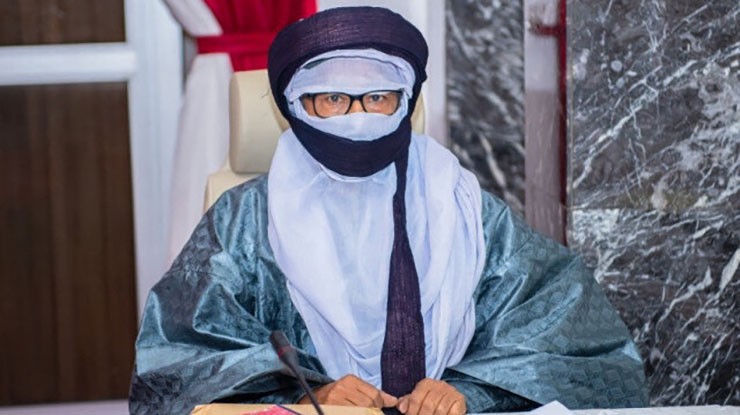
A CRR member said several Nigerien political figures had joined the group but could not make their allegiance public for safety reasons.
Ag Boula played a leading role in uprisings by Tuaregs, a nomadic ethnic group present in Niger’s desert north, in the 1990s and 2000s.
Like many former rebels, he was integrated into government under Bazoum and his predecessor Mahamadou Issoufou.
While the extent of support for the CRR is unclear, Ag Boula’s statement would worry the coup leaders given his influence among Tuaregs, who control commerce and politics in much of the vast north.
Support from Tuaregs would be key to securing the junta’s control beyond Niamey’s city limits.
The launch comes as diplomatic efforts to reverse the coup appeared stalled after the junta rejected the latest diplomatic mission and the army governments of neighbouring Mali and Burkina Faso, which backed the armed takeover.
Mali and Burkina Faso also appealed to the United Nations to prevent any military intervention.
Niger’s coup leaders denied entry to African and UN envoys on Tuesday, resisting pressure to negotiate ahead of a summit on Thursday.
The U.N., Western powers and democratic ECOWAS member states such as Nigeria want the junta to reinstate a civilian government that had been relatively successful in containing a deadly Islamist insurgency devastating the Sahel region.
Niger is the world’s seventh-largest producer of uranium, the most widely used fuel for nuclear energy, adding to its strategic importance.
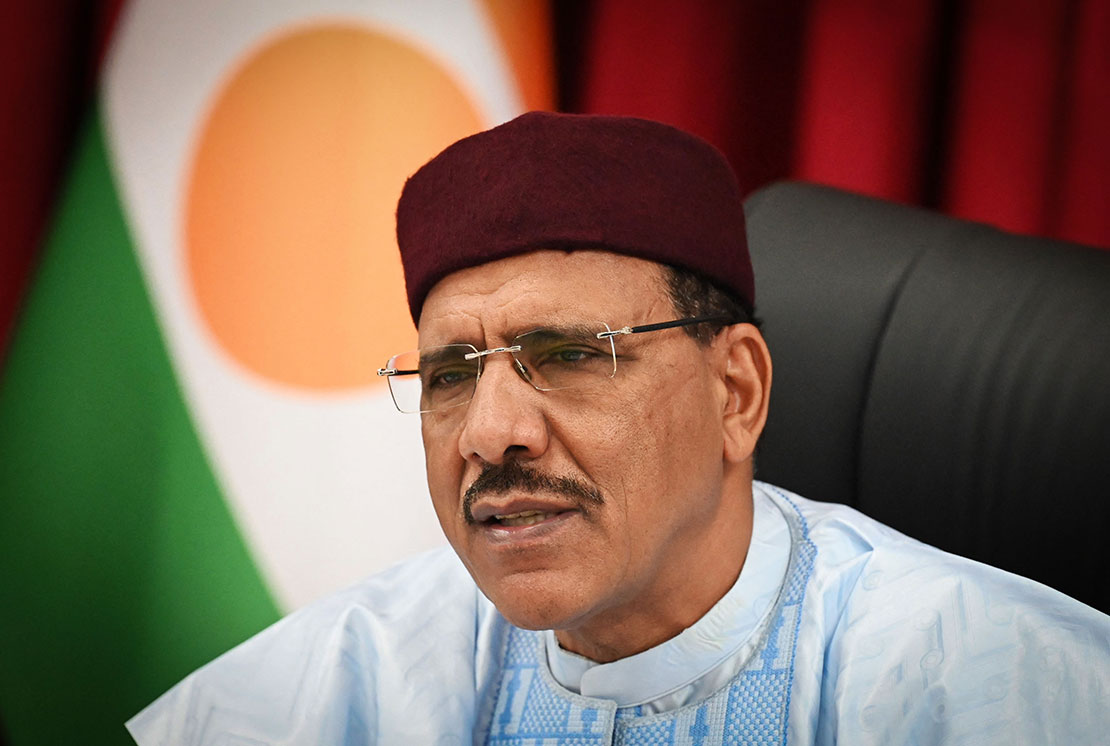
Guterres denounced “the deplorable living conditions that President Bazoum and his family are reported to be living under”, according to a UN statement.
CNN reported Wednesday that Bazoum was being kept in isolation and forced to eat dry rice and pasta.
Countries in the fragile Sahel region are battling a jihadist insurgency that erupted in northern Mali in 2012, spread to Niger and Burkina Faso in 2015, and is now causing jitters in states on the Gulf of Guinea.
The bloody campaign has been devastating for those three countries, which have turbulent histories and are among the poorest nations in the world.
Bazoum’s election in 2021 had helped Niger cement close ties with France and the United States, which have major bases and troop deployments in the country.
France last year withdrew its forces from Mali and Burkina Faso after falling out with their military leaders, refocussing its anti-jihadist strategy on Niger.
AFP
